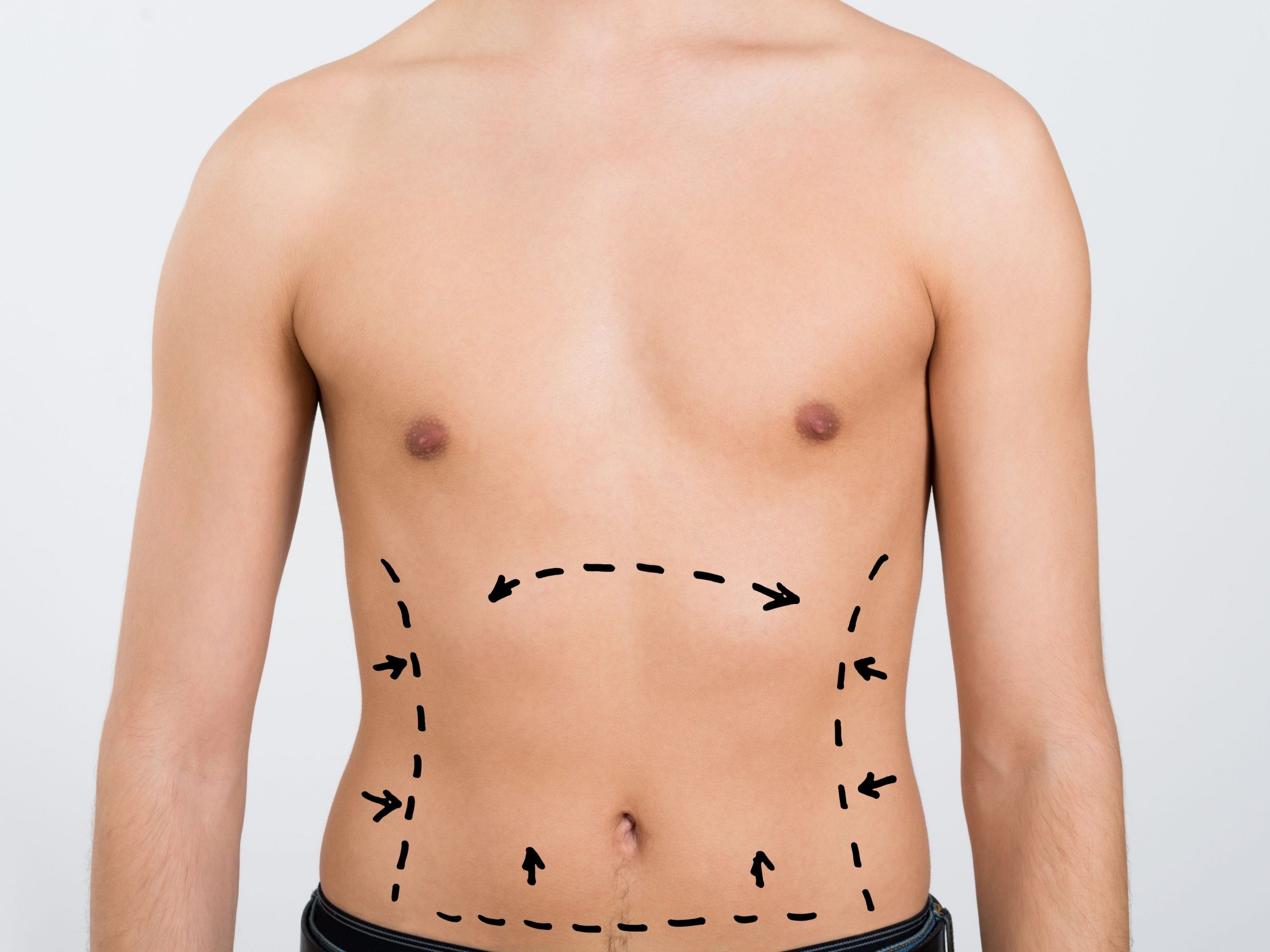Role of Manual lymphatic drainage (MLD) in your post-op
During the last decade, plastic surgery procedures have increased. Today, you have the possibility to change those things you don’t like about your body. However, it is important for you to know that good outcomes are not only related to the procedure and the surgeon you choose to perform your surgery (see our article How to find a good surgeon). Your aftercare plays an important role in the recovery time and the outcome. The recovery takes time and you need to be patient as you can see changes in your body that you aren’t expecting. You will feel worse for days before you start feeling better. one of your best allies during your recovery journey is Manual Lymphatic Drainage (MLD) and your post- op sessions to minimize your recovery time and complications.
In this blog we will discuss some benefits of Manual lymphatic drainage (MLD) in your post-op and your general wellbeing, and why many surgeons recommend their patients to start MLD sessions as soon as possible after surgery.
Before talking about MLD, let’s have a brief look at how surgery affects your body in the first place.
How surgery affects your body
Surgery will cause a shock to your body in the short to medium term. During your post-op you have to deal with side effects. It’s important for you to know that when your body is exposed to a big trauma (surgery, liposuction, etc.), it will respond with side symptoms (side effects). Remember they are normal and are part of the healing process. But in order to get rid of them fast and have better outcomes, you should start your manual lymphatic drainage sessions as soon as you are allowed by your surgeon. Some of these side effects are:
- Pain in the area for some time
- Fatigue
- In some cases, loss of appetite
- Swelling
- Numbness
- Bruising
- Sometimes bleeding
- Water retention
The role of your circulatory system is important
Your circulatory and lymphatic systems work together to maintain the fluid balance in your tissues. First, your Arteries deliver blood to these tissues; then, this nutrient rich fluid cleans your cells; after that, the fluid returns with the collected toxins via the veins and the lymph to be eliminated from the body. Your circulatory and lymphatic systems need to be functional to maintain an appropriate fluid balance in your tissues. When something fails or there is no balance, swelling (water retention), hardness, hematoma, bruises, and lymphedema (chronic venous insufficiency) can appear; for these reasons it is so important to start manual lymphatic drainage just after surgery. We hardly recommend you stop smoking 3 months before and after surgery, as smoking directly affects your circulation and your recovery time.
How Lymphatic drainage works and why it is important in your recovery
Manual Lymphatic Massage helps to move the fluid, toxins and waste products by gently pumping it back into the lymph vessels. Then, it redirects the fluid into parts of the body where there is a high concentration of lymph nodes. Typically, these are areas such as the neck armpits, stomach or groin. The toxins and wastes are filtered by the lymph nodes then they are eliminated by the urine. As a result, all the previously mentioned side effects and pain will be reduced. Without Lymphatic Massage (MLD) the inflammation can evolve into fibrosis (scar tissue formation, a permanent hardening of the tissue) or a seroma (pocket of serum). Many doctors prescribe Manual Lymphatic Drainage Therapy after liposuction or other plastic surgery procedures to make sure their patients get the best possible results from their procedure.
Conclusion
To Learn more and to tell in short, the key role of the lymphatic system is to gather excess fluid from tissues. It then purifies the fluid and returns it to the bloodstream. Lymphatic drainage massage improves the efficiency of your lymphatic system. It can also boost circulation.
Once you commit to having plastic surgery, you need to plan for your recovery in advance. We would recommend scheduling in a further 6 to 12 follow up sessions (all our treatments are tailored so the number of sessions depend on your needs).
Don´t forget that you should start the manual lymphatic drainage sessions as soon as possible in order to speed the recovery time; have better outcomes; avoid side effects during the post-op and avoid further surgery due to complications. If you live in London our clinic is located in Islington, North London.
We hope this information is useful for you. If you have any questions about our treatments, please contact us. You can find us in Mill Hill Broadway and Islington. If you like this blog, please share!
We are always happy to help.



